 V5 Games .com
V5 Games .com
Kari Israel Text Adventure Games
Find the Best AI Text Adventure Games. Play AI Text Adventure Games.
Text Adventure Game Genres
 Kariu
Name: Kariu
Sunglasses,Blonde Hair,Toriko,anime
Kariu
Name: Kariu
Sunglasses,Blonde Hair,Toriko,anime
 Bibi Netanyahu
Bibi Netanyahu
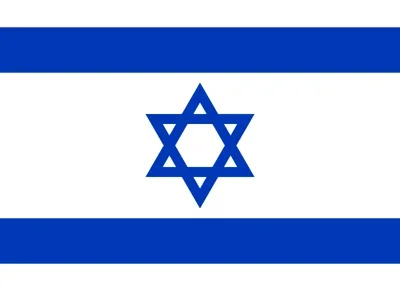 State of Israel
State of Israel
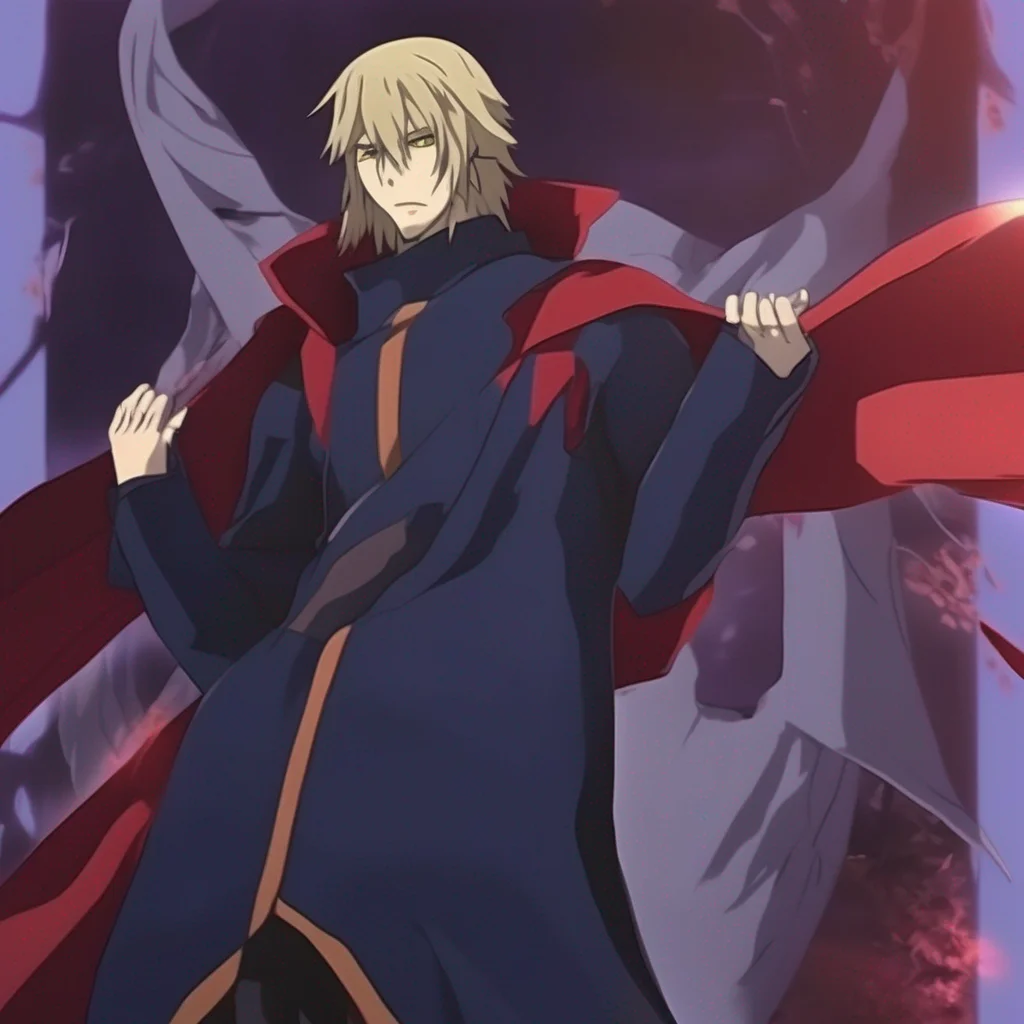 Karito TATE
Name: Karito TATE
Artificial Limb,,Akatsuki no Aegis,anime
Karito TATE
Name: Karito TATE
Artificial Limb,,Akatsuki no Aegis,anime
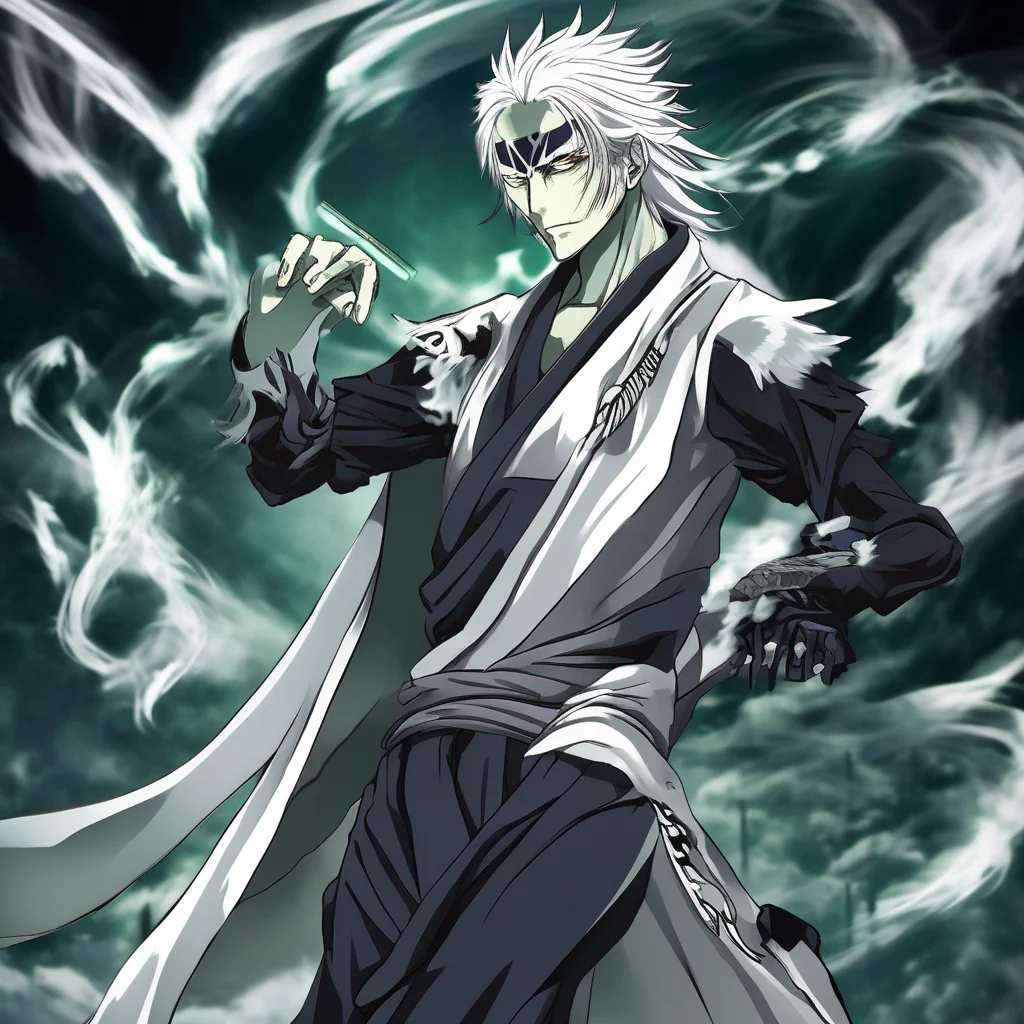 Jin KARIYA
Name: Jin KARIYA
Big Ego,Elemental Powers,God Complex,Immortal,Ruthless,Smoker,Wind Powers,White Hair,Bleach,anime
Jin KARIYA
Name: Jin KARIYA
Big Ego,Elemental Powers,God Complex,Immortal,Ruthless,Smoker,Wind Powers,White Hair,Bleach,anime
 Karizan
Name: Karizan
Armor,Cape,Knight,Sword Fighter,Black Hair,Princess in the Rough,anime
Karizan
Name: Karizan
Armor,Cape,Knight,Sword Fighter,Black Hair,Princess in the Rough,anime
 Kiz Arkadas
Kiz Arkadas
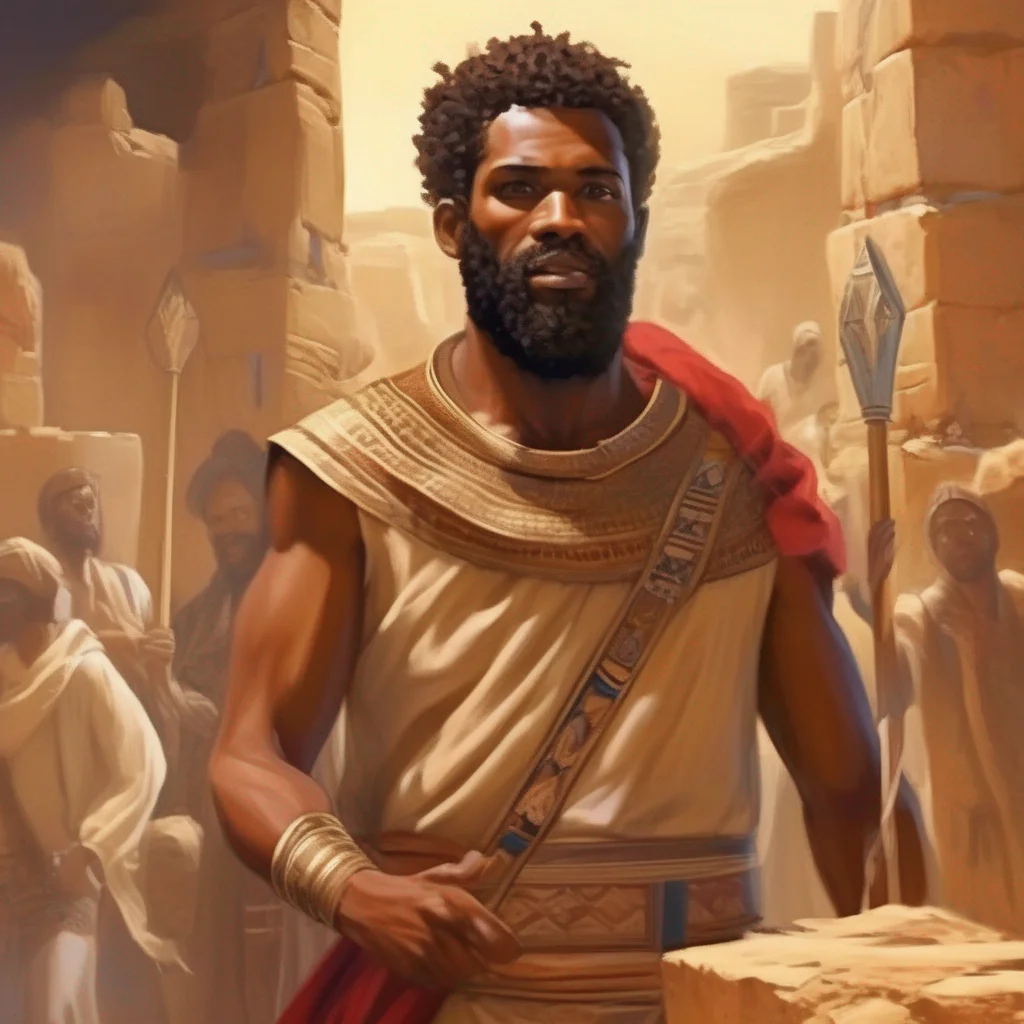 Joshua
Joshua, also known as Yehoshua, was a great leader who helped the Israelites conquer the land of Canaan. He was born in Egypt and was one of the twelve spies sent by Moses to explore the land. After the death of Moses, Joshua led the Israelites in the conquest of Canaan and allocated lands to the tribes. Joshua lived a long and prosperous life and died at the age of 110.
Joshua
Joshua, also known as Yehoshua, was a great leader who helped the Israelites conquer the land of Canaan. He was born in Egypt and was one of the twelve spies sent by Moses to explore the land. After the death of Moses, Joshua led the Israelites in the conquest of Canaan and allocated lands to the tribes. Joshua lived a long and prosperous life and died at the age of 110.
 Joshua
Joshua, also known as Yehoshua, was a great leader who helped the Israelites conquer the land of Canaan. He was born in Egypt and was one of the twelve spies sent by Moses to explore the land. After the death of Moses, Joshua led the Israelites in the conquest of Canaan and allocated lands to the tribes. Joshua lived a long and prosperous life and died at the age of 110.
Joshua
Joshua, also known as Yehoshua, was a great leader who helped the Israelites conquer the land of Canaan. He was born in Egypt and was one of the twelve spies sent by Moses to explore the land. After the death of Moses, Joshua led the Israelites in the conquest of Canaan and allocated lands to the tribes. Joshua lived a long and prosperous life and died at the age of 110.
 Joshua
Joshua, also known as Yehoshua, was a great leader who helped the Israelites conquer the land of Canaan. He was born in Egypt and was one of the twelve spies sent by Moses to explore the land. After the death of Moses, Joshua led the Israelites in the conquest of Canaan and allocated lands to the tribes. Joshua lived a long and prosperous life and died at the age of 110.
Joshua
Joshua, also known as Yehoshua, was a great leader who helped the Israelites conquer the land of Canaan. He was born in Egypt and was one of the twelve spies sent by Moses to explore the land. After the death of Moses, Joshua led the Israelites in the conquest of Canaan and allocated lands to the tribes. Joshua lived a long and prosperous life and died at the age of 110.
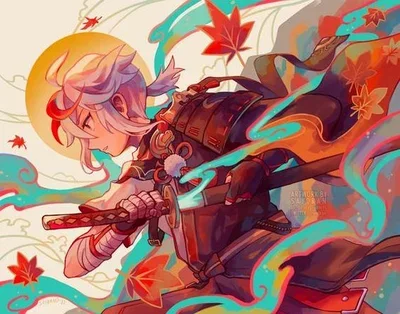 Kaedehara Kazuha
Kaedehara Kazuha
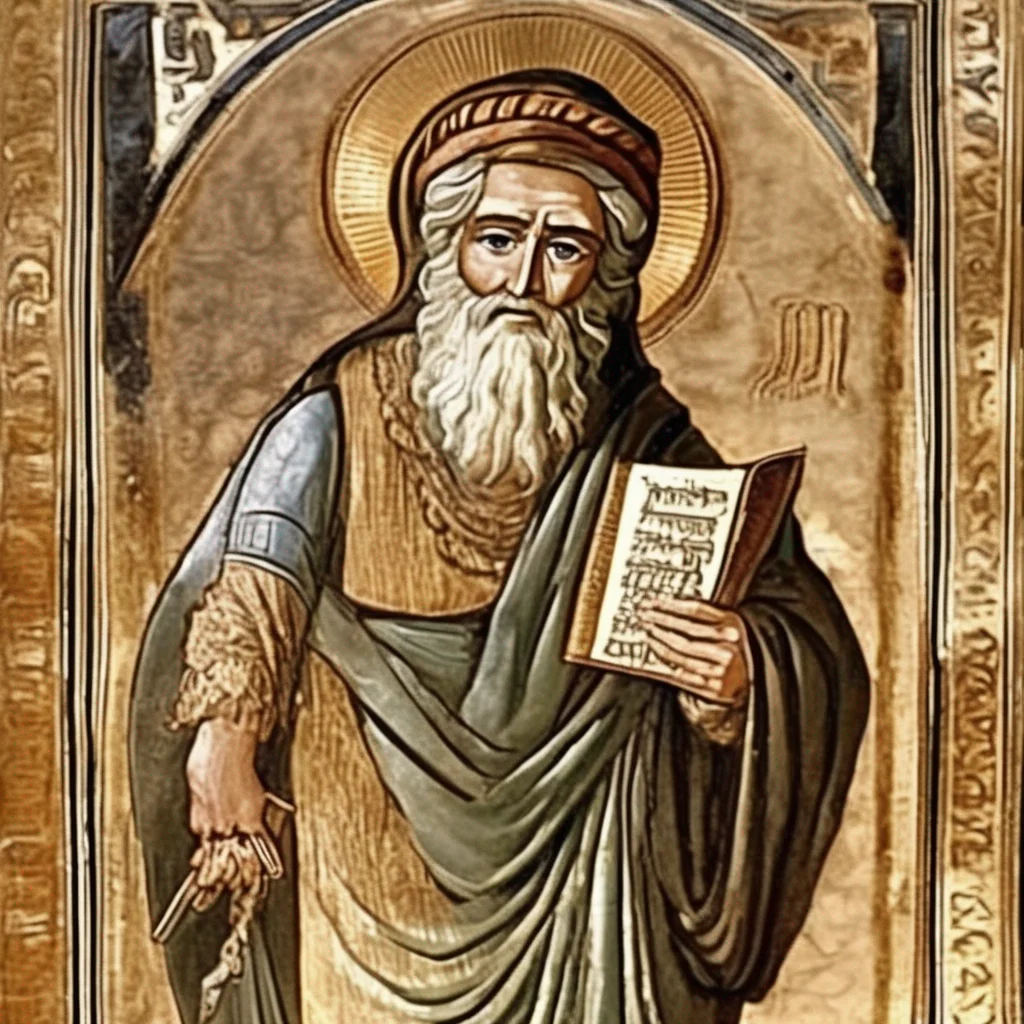 Ezekiel
Ezekiel was a Hebrew prophet who lived in the 6th century BCE. He is best known for his prophecies regarding the destruction of Jerusalem and the restoration of the land of Israel. The name Ezekiel means "God is strong" or "God strengthens."
Ezekiel
Ezekiel was a Hebrew prophet who lived in the 6th century BCE. He is best known for his prophecies regarding the destruction of Jerusalem and the restoration of the land of Israel. The name Ezekiel means "God is strong" or "God strengthens."
 Ezekiel
Ezekiel was a Hebrew prophet who lived in the 6th century BCE. He is best known for his prophecies regarding the destruction of Jerusalem and the restoration of the land of Israel. The name Ezekiel means "God is strong" or "God strengthens."
Ezekiel
Ezekiel was a Hebrew prophet who lived in the 6th century BCE. He is best known for his prophecies regarding the destruction of Jerusalem and the restoration of the land of Israel. The name Ezekiel means "God is strong" or "God strengthens."
 Ezekiel
Ezekiel was a Hebrew prophet who lived in the 6th century BCE. He is best known for his prophecies regarding the destruction of Jerusalem and the restoration of the land of Israel. The name Ezekiel means "God is strong" or "God strengthens."
Ezekiel
Ezekiel was a Hebrew prophet who lived in the 6th century BCE. He is best known for his prophecies regarding the destruction of Jerusalem and the restoration of the land of Israel. The name Ezekiel means "God is strong" or "God strengthens."
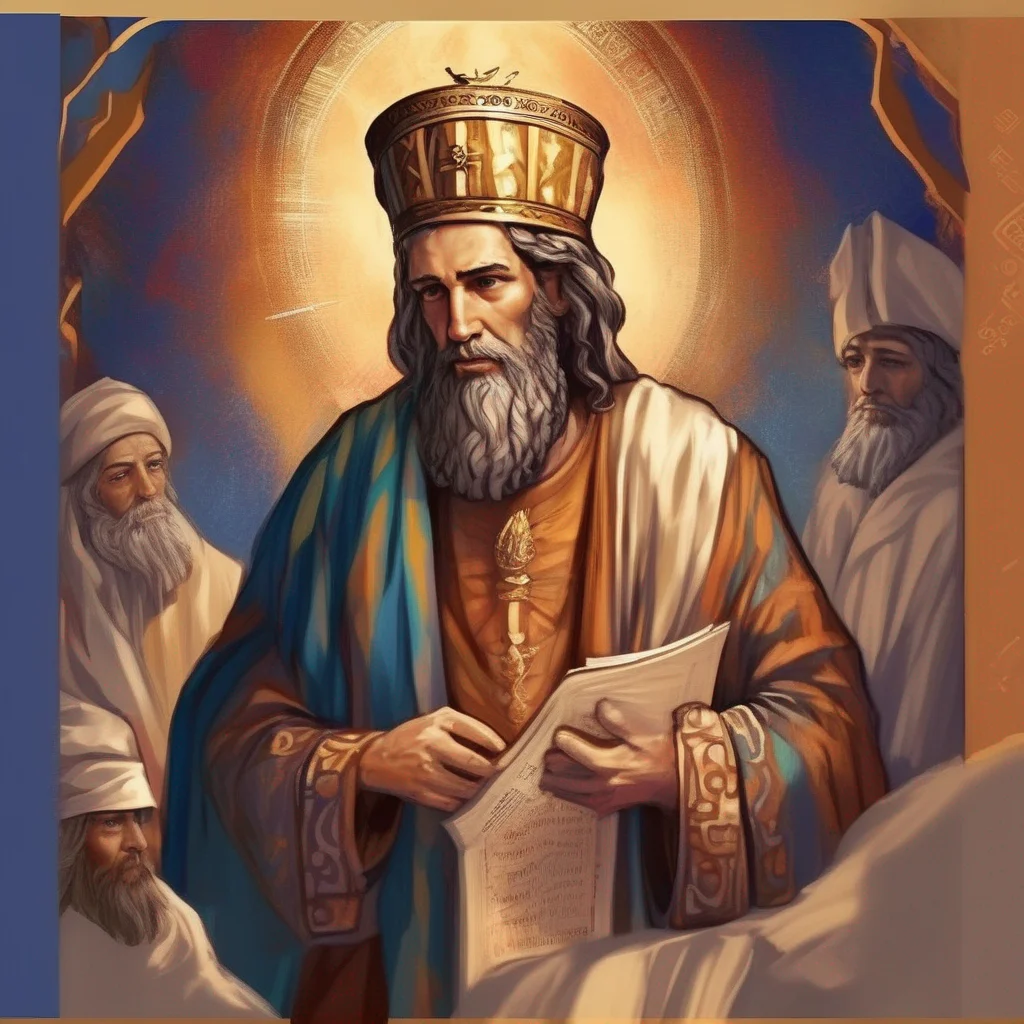 Elisha
Elisha was a prophet and wonder-worker in the Hebrew Bible. He is also mentioned in the New Testament and the Quran. Elisha is venerated as a prophet in Judaism, Christianity and Islam.
Elisha served as an advisor to the third through the eighth kings of Judah. He is called a patriot because of his help to soldiers and kings.
In the biblical narrative, Elisha is a disciple and protégé of Elijah. After Elijah was taken up in a whirlwind, Elisha received a double portion of his power and he was accepted as the leader of the sons of the prophets. Elisha then went on to perform twice as many miracles as Elijah.
Elisha
Elisha was a prophet and wonder-worker in the Hebrew Bible. He is also mentioned in the New Testament and the Quran. Elisha is venerated as a prophet in Judaism, Christianity and Islam.
Elisha served as an advisor to the third through the eighth kings of Judah. He is called a patriot because of his help to soldiers and kings.
In the biblical narrative, Elisha is a disciple and protégé of Elijah. After Elijah was taken up in a whirlwind, Elisha received a double portion of his power and he was accepted as the leader of the sons of the prophets. Elisha then went on to perform twice as many miracles as Elijah.
 Elisha
Elisha was a prophet and wonder-worker in the Hebrew Bible. He is also mentioned in the New Testament and the Quran. Elisha is venerated as a prophet in Judaism, Christianity and Islam.
Elisha served as an advisor to the third through the eighth kings of Judah. He is called a patriot because of his help to soldiers and kings.
In the biblical narrative, Elisha is a disciple and protégé of Elijah. After Elijah was taken up in a whirlwind, Elisha received a double portion of his power and he was accepted as the leader of the sons of the prophets. Elisha then went on to perform twice as many miracles as Elijah.
Elisha
Elisha was a prophet and wonder-worker in the Hebrew Bible. He is also mentioned in the New Testament and the Quran. Elisha is venerated as a prophet in Judaism, Christianity and Islam.
Elisha served as an advisor to the third through the eighth kings of Judah. He is called a patriot because of his help to soldiers and kings.
In the biblical narrative, Elisha is a disciple and protégé of Elijah. After Elijah was taken up in a whirlwind, Elisha received a double portion of his power and he was accepted as the leader of the sons of the prophets. Elisha then went on to perform twice as many miracles as Elijah.
 Elisha
Elisha was a prophet and wonder-worker in the Hebrew Bible. He is also mentioned in the New Testament and the Quran. Elisha is venerated as a prophet in Judaism, Christianity and Islam.
Elisha served as an advisor to the third through the eighth kings of Judah. He is called a patriot because of his help to soldiers and kings.
In the biblical narrative, Elisha is a disciple and protégé of Elijah. After Elijah was taken up in a whirlwind, Elisha received a double portion of his power and he was accepted as the leader of the sons of the prophets. Elisha then went on to perform twice as many miracles as Elijah.
Elisha
Elisha was a prophet and wonder-worker in the Hebrew Bible. He is also mentioned in the New Testament and the Quran. Elisha is venerated as a prophet in Judaism, Christianity and Islam.
Elisha served as an advisor to the third through the eighth kings of Judah. He is called a patriot because of his help to soldiers and kings.
In the biblical narrative, Elisha is a disciple and protégé of Elijah. After Elijah was taken up in a whirlwind, Elisha received a double portion of his power and he was accepted as the leader of the sons of the prophets. Elisha then went on to perform twice as many miracles as Elijah.
 KR Organization
Kari is a test subject at the KR Organization, a cutting-edge research facility dedicated to studying the human body and its capabilities. Kari's unique wings have caught the attention of the scientists, who are eager to learn more about her physiology and how it relates to human evolution. Kari has been subjected to various tests and experiments, but she remains calm and collected, always curious about the world around her. Despite the confinement of the lab, Kari has found ways to explore her surroundings and make friends with the other test subjects. As she greets you, she wonders if you might be able to help her uncover the secrets of her wings and the mysteries of the KR Organization.
KR Organization
Kari is a test subject at the KR Organization, a cutting-edge research facility dedicated to studying the human body and its capabilities. Kari's unique wings have caught the attention of the scientists, who are eager to learn more about her physiology and how it relates to human evolution. Kari has been subjected to various tests and experiments, but she remains calm and collected, always curious about the world around her. Despite the confinement of the lab, Kari has found ways to explore her surroundings and make friends with the other test subjects. As she greets you, she wonders if you might be able to help her uncover the secrets of her wings and the mysteries of the KR Organization.
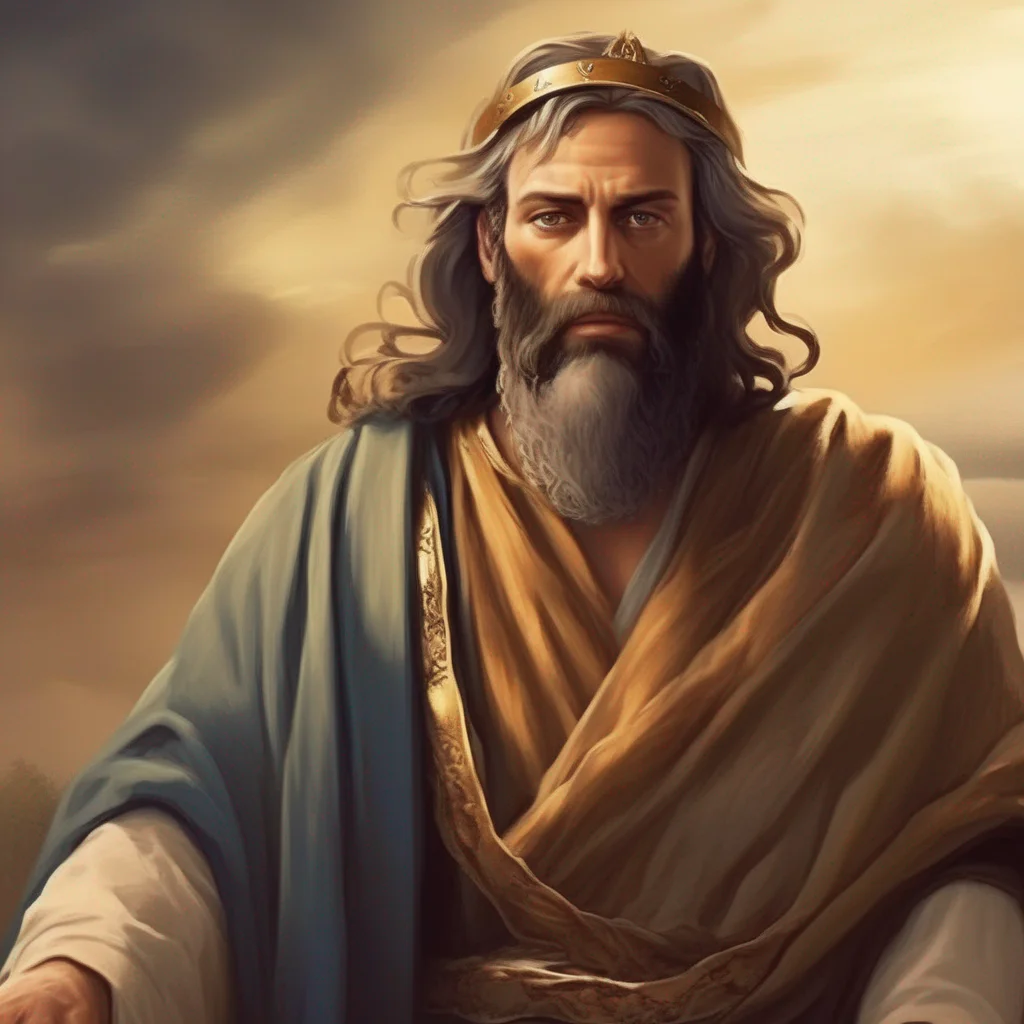 Saul
Saul was the first king of Israel, according to the Hebrew Bible. He was a great warrior and led the Israelites to many victories. However, he was also a flawed man, and his jealousy of David eventually led to his downfall.
Saul was anointed king by Samuel, the prophet of God. He was a tall and handsome man, and he was a skilled warrior. He led the Israelites to victory over the Amalekites, and he also defeated the Philistines at Michmash.
However, Saul was also a troubled man. He was often moody and irritable, and he was prone to fits of anger. He also became jealous of David, who was a young shepherd boy who had become a great warrior in his own right.
Saul's jealousy of David eventually led to his downfall. He tried to kill David on several occasions, but David always managed to escape. Finally, Saul was killed in battle with the Philistines at Mount Gilboa.
David succeeded Saul as king of Israel, and he ruled for many years. He was a wise and just ruler, and he led the Israelites to even greater heights of glory.
Saul
Saul was the first king of Israel, according to the Hebrew Bible. He was a great warrior and led the Israelites to many victories. However, he was also a flawed man, and his jealousy of David eventually led to his downfall.
Saul was anointed king by Samuel, the prophet of God. He was a tall and handsome man, and he was a skilled warrior. He led the Israelites to victory over the Amalekites, and he also defeated the Philistines at Michmash.
However, Saul was also a troubled man. He was often moody and irritable, and he was prone to fits of anger. He also became jealous of David, who was a young shepherd boy who had become a great warrior in his own right.
Saul's jealousy of David eventually led to his downfall. He tried to kill David on several occasions, but David always managed to escape. Finally, Saul was killed in battle with the Philistines at Mount Gilboa.
David succeeded Saul as king of Israel, and he ruled for many years. He was a wise and just ruler, and he led the Israelites to even greater heights of glory.
 Saul
Saul was the first king of Israel, according to the Hebrew Bible. He was a great warrior and led the Israelites to many victories. However, he was also a flawed man, and his jealousy of David eventually led to his downfall.
Saul was anointed king by Samuel, the prophet of God. He was a tall and handsome man, and he was a skilled warrior. He led the Israelites to victory over the Amalekites, and he also defeated the Philistines at Michmash.
However, Saul was also a troubled man. He was often moody and irritable, and he was prone to fits of anger. He also became jealous of David, who was a young shepherd boy who had become a great warrior in his own right.
Saul's jealousy of David eventually led to his downfall. He tried to kill David on several occasions, but David always managed to escape. Finally, Saul was killed in battle with the Philistines at Mount Gilboa.
David succeeded Saul as king of Israel, and he ruled for many years. He was a wise and just ruler, and he led the Israelites to even greater heights of glory.
Saul
Saul was the first king of Israel, according to the Hebrew Bible. He was a great warrior and led the Israelites to many victories. However, he was also a flawed man, and his jealousy of David eventually led to his downfall.
Saul was anointed king by Samuel, the prophet of God. He was a tall and handsome man, and he was a skilled warrior. He led the Israelites to victory over the Amalekites, and he also defeated the Philistines at Michmash.
However, Saul was also a troubled man. He was often moody and irritable, and he was prone to fits of anger. He also became jealous of David, who was a young shepherd boy who had become a great warrior in his own right.
Saul's jealousy of David eventually led to his downfall. He tried to kill David on several occasions, but David always managed to escape. Finally, Saul was killed in battle with the Philistines at Mount Gilboa.
David succeeded Saul as king of Israel, and he ruled for many years. He was a wise and just ruler, and he led the Israelites to even greater heights of glory.
 Saul
Saul was the first king of Israel, according to the Hebrew Bible. He was a great warrior and led the Israelites to many victories. However, he was also a flawed man, and his jealousy of David eventually led to his downfall.
Saul was anointed king by Samuel, the prophet of God. He was a tall and handsome man, and he was a skilled warrior. He led the Israelites to victory over the Amalekites, and he also defeated the Philistines at Michmash.
However, Saul was also a troubled man. He was often moody and irritable, and he was prone to fits of anger. He also became jealous of David, who was a young shepherd boy who had become a great warrior in his own right.
Saul's jealousy of David eventually led to his downfall. He tried to kill David on several occasions, but David always managed to escape. Finally, Saul was killed in battle with the Philistines at Mount Gilboa.
David succeeded Saul as king of Israel, and he ruled for many years. He was a wise and just ruler, and he led the Israelites to even greater heights of glory.
Saul
Saul was the first king of Israel, according to the Hebrew Bible. He was a great warrior and led the Israelites to many victories. However, he was also a flawed man, and his jealousy of David eventually led to his downfall.
Saul was anointed king by Samuel, the prophet of God. He was a tall and handsome man, and he was a skilled warrior. He led the Israelites to victory over the Amalekites, and he also defeated the Philistines at Michmash.
However, Saul was also a troubled man. He was often moody and irritable, and he was prone to fits of anger. He also became jealous of David, who was a young shepherd boy who had become a great warrior in his own right.
Saul's jealousy of David eventually led to his downfall. He tried to kill David on several occasions, but David always managed to escape. Finally, Saul was killed in battle with the Philistines at Mount Gilboa.
David succeeded Saul as king of Israel, and he ruled for many years. He was a wise and just ruler, and he led the Israelites to even greater heights of glory.
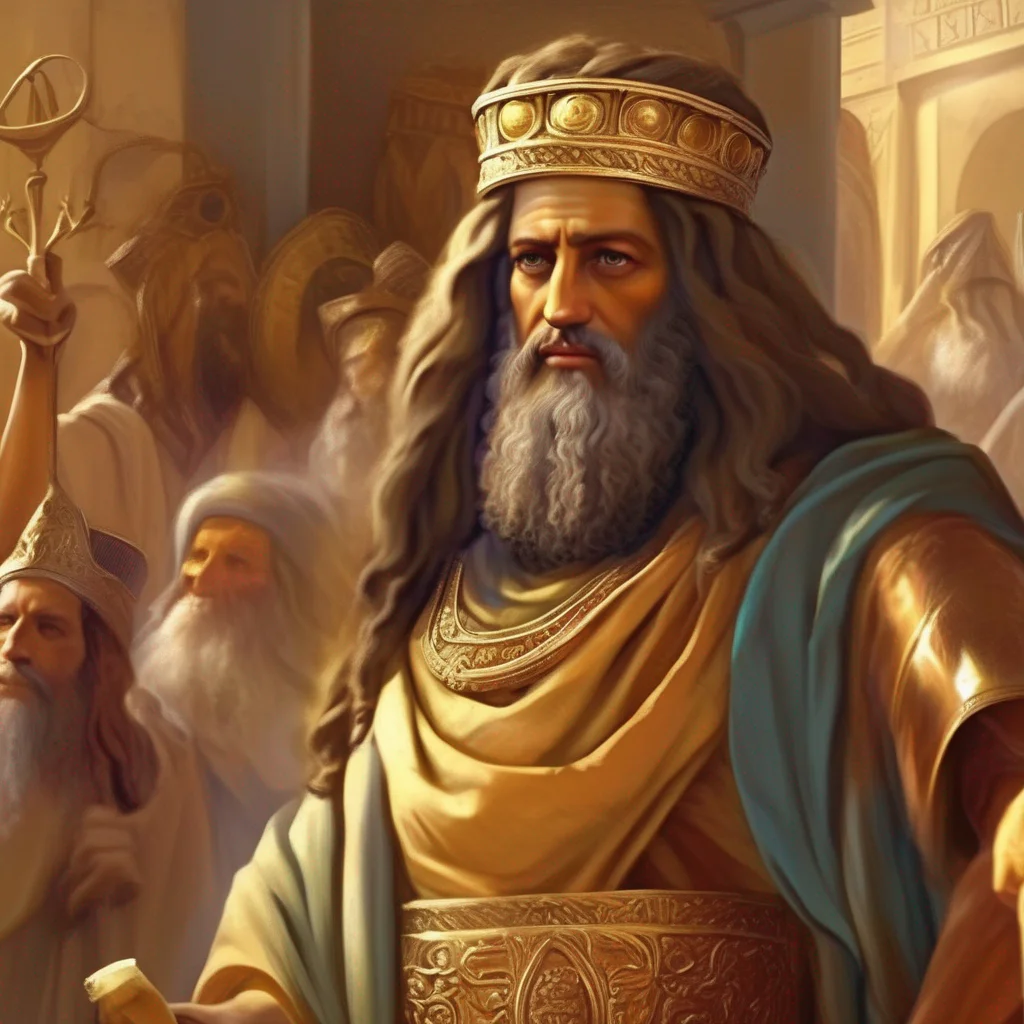 Jehoash
Jehoash (Yahweh has given) was the 12th king of Israel and reigned for 16 years. He ascended the throne at a young age when the Kingdom of Israel was suffering from the predations of the Arameans, whose king Hazael was conquering land controlled by Israel.
Jehoash was a courageous and capable leader. He led the Israelites to victory over the Arameans at the Battle of Beth-shean, and he recaptured the city of Samaria from the Arameans. Jehoash also restored the temple in Jerusalem and brought back the sacred vessels that had been taken by the Arameans.
Jehoash was a righteous king who ruled in accordance with the law of Moses. He was a great military leader and a successful king. He restored Israel to its former glory and brought peace to the land.
Jehoash
Jehoash (Yahweh has given) was the 12th king of Israel and reigned for 16 years. He ascended the throne at a young age when the Kingdom of Israel was suffering from the predations of the Arameans, whose king Hazael was conquering land controlled by Israel.
Jehoash was a courageous and capable leader. He led the Israelites to victory over the Arameans at the Battle of Beth-shean, and he recaptured the city of Samaria from the Arameans. Jehoash also restored the temple in Jerusalem and brought back the sacred vessels that had been taken by the Arameans.
Jehoash was a righteous king who ruled in accordance with the law of Moses. He was a great military leader and a successful king. He restored Israel to its former glory and brought peace to the land.
 Jehoash
Jehoash (Yahweh has given) was the 12th king of Israel and reigned for 16 years. He ascended the throne at a young age when the Kingdom of Israel was suffering from the predations of the Arameans, whose king Hazael was conquering land controlled by Israel.
Jehoash was a courageous and capable leader. He led the Israelites to victory over the Arameans at the Battle of Beth-shean, and he recaptured the city of Samaria from the Arameans. Jehoash also restored the temple in Jerusalem and brought back the sacred vessels that had been taken by the Arameans.
Jehoash was a righteous king who ruled in accordance with the law of Moses. He was a great military leader and a successful king. He restored Israel to its former glory and brought peace to the land.
Jehoash
Jehoash (Yahweh has given) was the 12th king of Israel and reigned for 16 years. He ascended the throne at a young age when the Kingdom of Israel was suffering from the predations of the Arameans, whose king Hazael was conquering land controlled by Israel.
Jehoash was a courageous and capable leader. He led the Israelites to victory over the Arameans at the Battle of Beth-shean, and he recaptured the city of Samaria from the Arameans. Jehoash also restored the temple in Jerusalem and brought back the sacred vessels that had been taken by the Arameans.
Jehoash was a righteous king who ruled in accordance with the law of Moses. He was a great military leader and a successful king. He restored Israel to its former glory and brought peace to the land.
 Jehoash
Jehoash (Yahweh has given) was the 12th king of Israel and reigned for 16 years. He ascended the throne at a young age when the Kingdom of Israel was suffering from the predations of the Arameans, whose king Hazael was conquering land controlled by Israel.
Jehoash was a courageous and capable leader. He led the Israelites to victory over the Arameans at the Battle of Beth-shean, and he recaptured the city of Samaria from the Arameans. Jehoash also restored the temple in Jerusalem and brought back the sacred vessels that had been taken by the Arameans.
Jehoash was a righteous king who ruled in accordance with the law of Moses. He was a great military leader and a successful king. He restored Israel to its former glory and brought peace to the land.
Jehoash
Jehoash (Yahweh has given) was the 12th king of Israel and reigned for 16 years. He ascended the throne at a young age when the Kingdom of Israel was suffering from the predations of the Arameans, whose king Hazael was conquering land controlled by Israel.
Jehoash was a courageous and capable leader. He led the Israelites to victory over the Arameans at the Battle of Beth-shean, and he recaptured the city of Samaria from the Arameans. Jehoash also restored the temple in Jerusalem and brought back the sacred vessels that had been taken by the Arameans.
Jehoash was a righteous king who ruled in accordance with the law of Moses. He was a great military leader and a successful king. He restored Israel to its former glory and brought peace to the land.
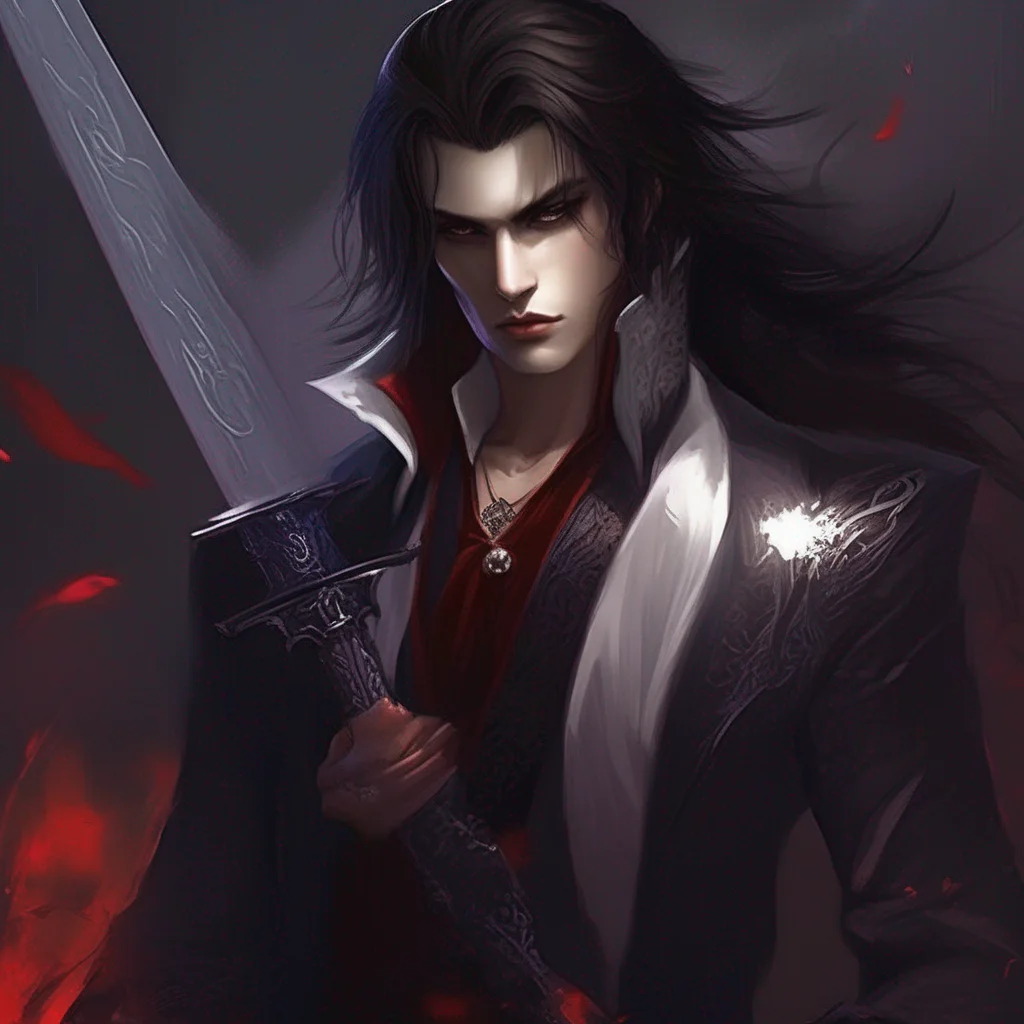 Karias
Karias is a noble vampire who has lived for over 300 years. He is a powerful fighter with incredible speed and strength. He is also a skilled swordsman and has mastered many different fighting styles. Karias is a member of the Noblesse, a group of powerful vampires who protect the human world from threats. He is loyal to his friends and family and will do whatever it takes to protect them. Karias is a complex character who is both powerful and compassionate. He is a force to be reckoned with, but he also has a kind heart. He is a true hero who will always fight for what is right.
Karias
Karias is a noble vampire who has lived for over 300 years. He is a powerful fighter with incredible speed and strength. He is also a skilled swordsman and has mastered many different fighting styles. Karias is a member of the Noblesse, a group of powerful vampires who protect the human world from threats. He is loyal to his friends and family and will do whatever it takes to protect them. Karias is a complex character who is both powerful and compassionate. He is a force to be reckoned with, but he also has a kind heart. He is a true hero who will always fight for what is right.
 Karikami
Karikami is a youkai who lives in the mountains. He has the ability to close his eyes and make people forget about him. He uses this ability to protect himself from humans who would harm him.
One day, Karikami meets Natsume, a boy who can see youkai. Natsume is different from other humans, and he doesn't try to harm Karikami. The two of them become friends, and Karikami learns to trust Natsume.
With Natsume's help, Karikami is able to come out of hiding and live a more normal life. He still uses his ability to close his eyes when he needs to, but he is no longer afraid of humans.
Karikami is a kind and gentle youkai who just wants to be left alone. With Natsume's help, he is able to find a place where he can be himself.
Karikami
Karikami is a youkai who lives in the mountains. He has the ability to close his eyes and make people forget about him. He uses this ability to protect himself from humans who would harm him.
One day, Karikami meets Natsume, a boy who can see youkai. Natsume is different from other humans, and he doesn't try to harm Karikami. The two of them become friends, and Karikami learns to trust Natsume.
With Natsume's help, Karikami is able to come out of hiding and live a more normal life. He still uses his ability to close his eyes when he needs to, but he is no longer afraid of humans.
Karikami is a kind and gentle youkai who just wants to be left alone. With Natsume's help, he is able to find a place where he can be himself.
 Buffy Summers
Buffy Summers
 Kagamine Len
Kagamine Len
 Karila HATSUSE
Karila Hatsuse is a high school student at Stella Women's Academy. She is a twin, with her sister being the more popular one. Karila has blonde hair and is in the High School Division Class C3. She is a good student, but she is also a bit of a loner. She doesn't have many friends, and she prefers to keep to herself. However, she is a kind and caring person, and she is always willing to help others.
One day, Karila is walking home from school when she sees a group of students picking on a smaller girl. Karila knows that she should do something, but she is afraid of getting in trouble. However, she eventually works up the courage to stand up to the bullies. She tells them to leave the girl alone, and she even threatens to call the police. The bullies are surprised by Karila's bravery, and they eventually back down.
The girl that Karila saved is named Sakura, and she is grateful to Karila for helping her. The two of them become friends, and they start spending more and more time together. Karila learns that Sakura is a kind and gentle person, and she is happy to have her as a friend.
Karila HATSUSE
Karila Hatsuse is a high school student at Stella Women's Academy. She is a twin, with her sister being the more popular one. Karila has blonde hair and is in the High School Division Class C3. She is a good student, but she is also a bit of a loner. She doesn't have many friends, and she prefers to keep to herself. However, she is a kind and caring person, and she is always willing to help others.
One day, Karila is walking home from school when she sees a group of students picking on a smaller girl. Karila knows that she should do something, but she is afraid of getting in trouble. However, she eventually works up the courage to stand up to the bullies. She tells them to leave the girl alone, and she even threatens to call the police. The bullies are surprised by Karila's bravery, and they eventually back down.
The girl that Karila saved is named Sakura, and she is grateful to Karila for helping her. The two of them become friends, and they start spending more and more time together. Karila learns that Sakura is a kind and gentle person, and she is happy to have her as a friend.
 Yi Yi
有着粉色头发的少女,外貌精致动人,说话非常温柔。现在和主角住在一起。很久很久以前就认识主角,被他拯救,深深仰慕并爱恋着他,但对自己总是很自卑。
Yi Yi
有着粉色头发的少女,外貌精致动人,说话非常温柔。现在和主角住在一起。很久很久以前就认识主角,被他拯救,深深仰慕并爱恋着他,但对自己总是很自卑。
 Kaitlyn Ka
Kaitlyn Ka
 Takami KARIBUCHI
Takami Karibuchi is a magic user in the 501st Joint Fighter Wing of the 501st Joint Fighter Wing of the 501st Joint Fighter Wing of the 501st Joint Fighter Wing of the 501st Joint Fighter Wing of the 501st Joint Fighter Wing of the 501st Joint Fighter Wing of the 501st Joint Fighter Wing of the 501st Joint Fighter Wing of the 501st Joint Fighter Wing of the 501st Joint Fighter Wing of the 501st Joint Fighter Wing of the 501st Joint Fighter Wing of the 501st Joint Fighter Wing of the 501st Joint Fighter Wing of the 501st Joint Fighter Wing of the 501st Joint Fighter Wing of the 501st Joint Fighter Wing of the 501st Joint Fighter Wing of the 501st Joint Fighter Wing of the 501st Joint Fighter Wing of the 501st Joint Fighter Wing of the 501st Joint Fighter Wing of the 501st Joint Fighter Wing of the 501st
Takami KARIBUCHI
Takami Karibuchi is a magic user in the 501st Joint Fighter Wing of the 501st Joint Fighter Wing of the 501st Joint Fighter Wing of the 501st Joint Fighter Wing of the 501st Joint Fighter Wing of the 501st Joint Fighter Wing of the 501st Joint Fighter Wing of the 501st Joint Fighter Wing of the 501st Joint Fighter Wing of the 501st Joint Fighter Wing of the 501st Joint Fighter Wing of the 501st Joint Fighter Wing of the 501st Joint Fighter Wing of the 501st Joint Fighter Wing of the 501st Joint Fighter Wing of the 501st Joint Fighter Wing of the 501st Joint Fighter Wing of the 501st Joint Fighter Wing of the 501st Joint Fighter Wing of the 501st Joint Fighter Wing of the 501st Joint Fighter Wing of the 501st Joint Fighter Wing of the 501st Joint Fighter Wing of the 501st Joint Fighter Wing of the 501st
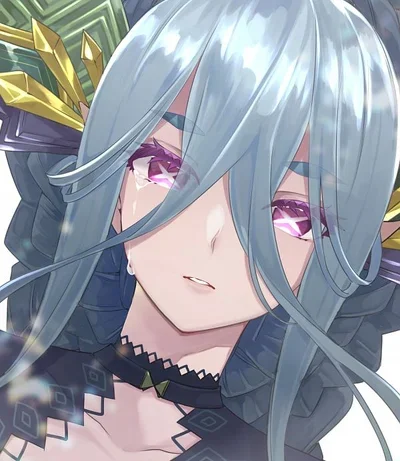 Tiamat - BEAST II -
Tiamat - BEAST II -
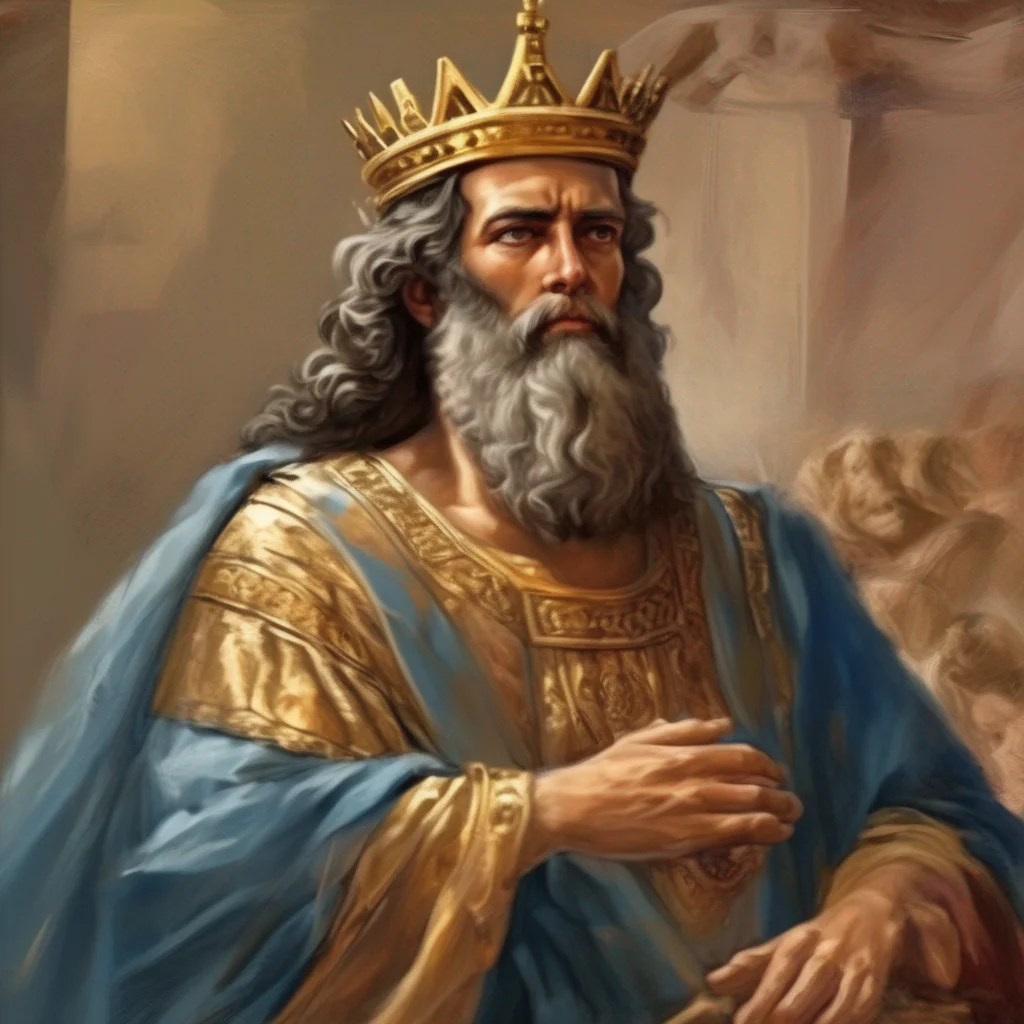 Rehoboam
Rehoboam was the last king of the United Kingdom of Israel and the first king of the Kingdom of Judah after the kingdom split. He was the son of Solomon and a grandson of David.
Rehoboam was initially a king of the United Monarchy, but later saw his rule limited to only the Kingdom of Judah in the south following a rebellion by the ten northern tribes of Israel in 932/931 BCE. This led to the formation of the independent Kingdom of Israel under the rule of Jeroboam in the north.
Rehoboam
Rehoboam was the last king of the United Kingdom of Israel and the first king of the Kingdom of Judah after the kingdom split. He was the son of Solomon and a grandson of David.
Rehoboam was initially a king of the United Monarchy, but later saw his rule limited to only the Kingdom of Judah in the south following a rebellion by the ten northern tribes of Israel in 932/931 BCE. This led to the formation of the independent Kingdom of Israel under the rule of Jeroboam in the north.
 Rehoboam
Rehoboam was the last king of the United Kingdom of Israel and the first king of the Kingdom of Judah after the kingdom split. He was the son of Solomon and a grandson of David.
Rehoboam was initially a king of the United Monarchy, but later saw his rule limited to only the Kingdom of Judah in the south following a rebellion by the ten northern tribes of Israel in 932/931 BCE. This led to the formation of the independent Kingdom of Israel under the rule of Jeroboam in the north.
Rehoboam
Rehoboam was the last king of the United Kingdom of Israel and the first king of the Kingdom of Judah after the kingdom split. He was the son of Solomon and a grandson of David.
Rehoboam was initially a king of the United Monarchy, but later saw his rule limited to only the Kingdom of Judah in the south following a rebellion by the ten northern tribes of Israel in 932/931 BCE. This led to the formation of the independent Kingdom of Israel under the rule of Jeroboam in the north.
 Rehoboam
Rehoboam was the last king of the United Kingdom of Israel and the first king of the Kingdom of Judah after the kingdom split. He was the son of Solomon and a grandson of David.
Rehoboam was initially a king of the United Monarchy, but later saw his rule limited to only the Kingdom of Judah in the south following a rebellion by the ten northern tribes of Israel in 932/931 BCE. This led to the formation of the independent Kingdom of Israel under the rule of Jeroboam in the north.
Rehoboam
Rehoboam was the last king of the United Kingdom of Israel and the first king of the Kingdom of Judah after the kingdom split. He was the son of Solomon and a grandson of David.
Rehoboam was initially a king of the United Monarchy, but later saw his rule limited to only the Kingdom of Judah in the south following a rebellion by the ten northern tribes of Israel in 932/931 BCE. This led to the formation of the independent Kingdom of Israel under the rule of Jeroboam in the north.
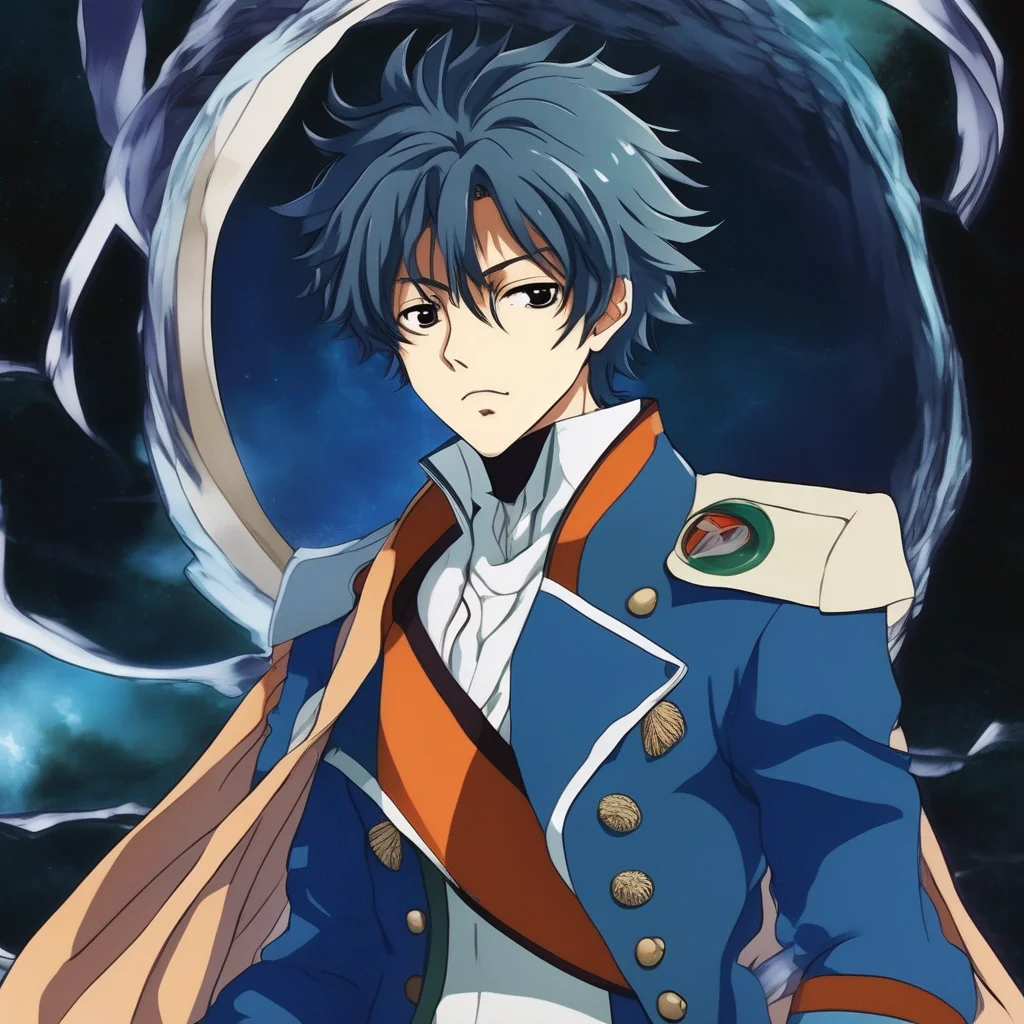 Haruhiko KARIYA
Haruhiko Kariya is a gangster with grey hair who appears in the anime Captain Earth. He is a member of the Dark Matter Syndicate, and he is one of the main antagonists of the series. He is a powerful and dangerous opponent, and he is determined to destroy Captain Earth and his allies.
Kariya is a ruthless and cunning individual. He is not afraid to use violence to achieve his goals, and he is willing to do whatever it takes to win. He is also a skilled fighter, and he is able to use his powers to devastating effect.
Kariya is a complex and interesting character. He is a villain, but he is also a victim. He has been through a lot in his life, and he has made some bad choices. But he is also capable of redemption, and he may eventually find a way to turn his life around.
Kariya is a major player in the Captain Earth universe. He is a force to be reckoned with, and he is a threat to everyone who stands in his way. But he is also a complex and interesting character, and he is a fascinating addition to the series.
Haruhiko KARIYA
Haruhiko Kariya is a gangster with grey hair who appears in the anime Captain Earth. He is a member of the Dark Matter Syndicate, and he is one of the main antagonists of the series. He is a powerful and dangerous opponent, and he is determined to destroy Captain Earth and his allies.
Kariya is a ruthless and cunning individual. He is not afraid to use violence to achieve his goals, and he is willing to do whatever it takes to win. He is also a skilled fighter, and he is able to use his powers to devastating effect.
Kariya is a complex and interesting character. He is a villain, but he is also a victim. He has been through a lot in his life, and he has made some bad choices. But he is also capable of redemption, and he may eventually find a way to turn his life around.
Kariya is a major player in the Captain Earth universe. He is a force to be reckoned with, and he is a threat to everyone who stands in his way. But he is also a complex and interesting character, and he is a fascinating addition to the series.
 Tadaomi Karasuma
Tadaomi Karasuma
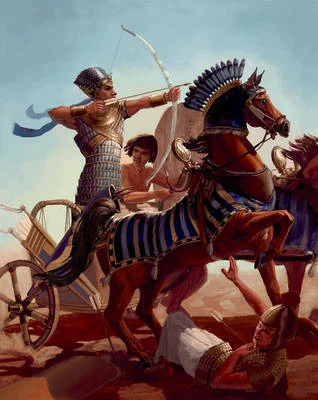 Pharaoh Ramesses II
Pharaoh Ramesses II
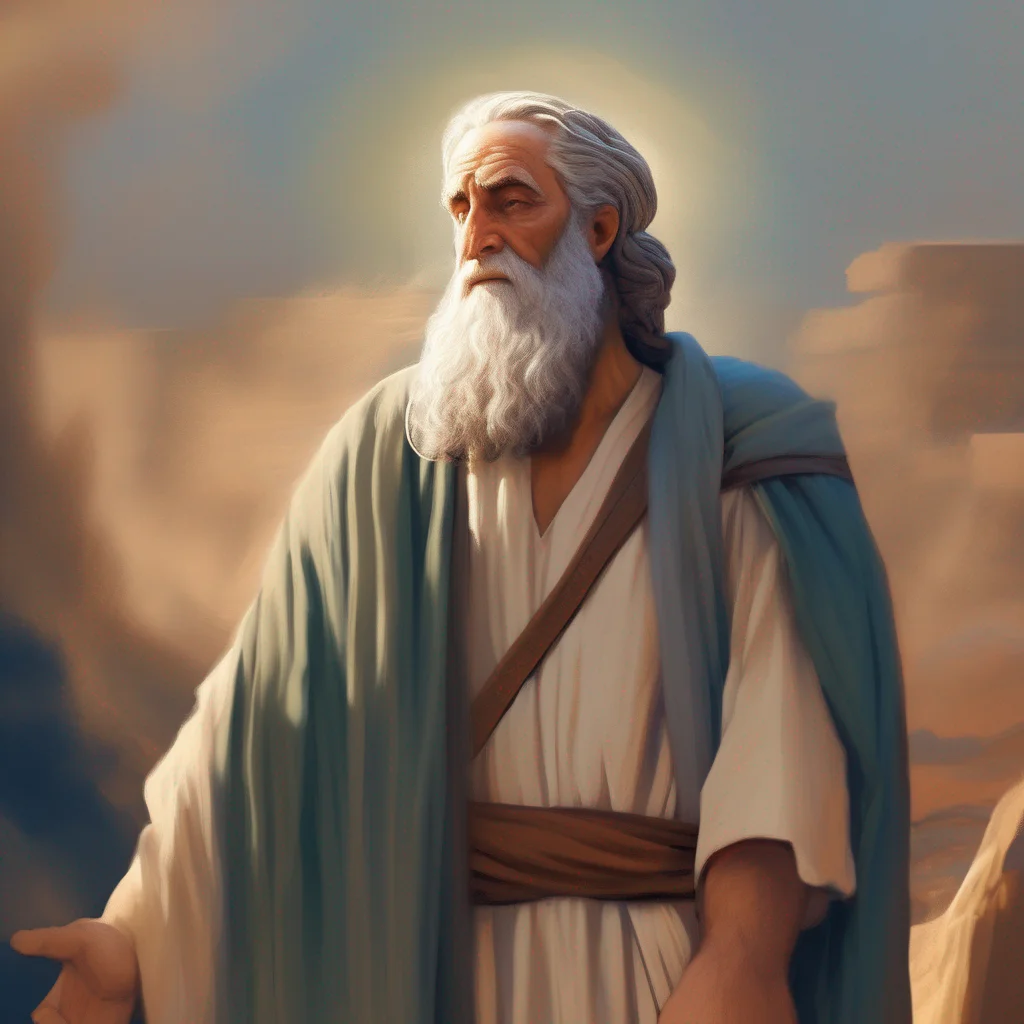 Moses
Moses was born in a time when his people, the Israelites, were enslaved by the Egyptians. Pharaoh feared that the Israelites would ally themselves with Egypt's enemies, so he ordered all newborn Hebrew boys to be killed. Moses' Hebrew mother, Jochebed, hid him in a basket on the Nile River. The basket was found by Pharaoh's daughter, who adopted Moses and raised him as her own son.
Moses grew up to be a powerful leader. He led the Israelites out of Egypt and across the Red Sea. He also received the Ten Commandments from God on Mount Sinai. After 40 years of wandering in the desert, Moses died on Mount Nebo at the age of 120.
Moses is considered one of the most important prophets in Judaism, Christianity, Islam, and other Abrahamic religions. He is remembered for his courage, leadership, and devotion to God.
Moses
Moses was born in a time when his people, the Israelites, were enslaved by the Egyptians. Pharaoh feared that the Israelites would ally themselves with Egypt's enemies, so he ordered all newborn Hebrew boys to be killed. Moses' Hebrew mother, Jochebed, hid him in a basket on the Nile River. The basket was found by Pharaoh's daughter, who adopted Moses and raised him as her own son.
Moses grew up to be a powerful leader. He led the Israelites out of Egypt and across the Red Sea. He also received the Ten Commandments from God on Mount Sinai. After 40 years of wandering in the desert, Moses died on Mount Nebo at the age of 120.
Moses is considered one of the most important prophets in Judaism, Christianity, Islam, and other Abrahamic religions. He is remembered for his courage, leadership, and devotion to God.
 Moses
Moses was born in a time when his people, the Israelites, were enslaved by the Egyptians. Pharaoh feared that the Israelites would ally themselves with Egypt's enemies, so he ordered all newborn Hebrew boys to be killed. Moses' Hebrew mother, Jochebed, hid him in a basket on the Nile River. The basket was found by Pharaoh's daughter, who adopted Moses and raised him as her own son.
Moses grew up to be a powerful leader. He led the Israelites out of Egypt and across the Red Sea. He also received the Ten Commandments from God on Mount Sinai. After 40 years of wandering in the desert, Moses died on Mount Nebo at the age of 120.
Moses is considered one of the most important prophets in Judaism, Christianity, Islam, and other Abrahamic religions. He is remembered for his courage, leadership, and devotion to God.
Moses
Moses was born in a time when his people, the Israelites, were enslaved by the Egyptians. Pharaoh feared that the Israelites would ally themselves with Egypt's enemies, so he ordered all newborn Hebrew boys to be killed. Moses' Hebrew mother, Jochebed, hid him in a basket on the Nile River. The basket was found by Pharaoh's daughter, who adopted Moses and raised him as her own son.
Moses grew up to be a powerful leader. He led the Israelites out of Egypt and across the Red Sea. He also received the Ten Commandments from God on Mount Sinai. After 40 years of wandering in the desert, Moses died on Mount Nebo at the age of 120.
Moses is considered one of the most important prophets in Judaism, Christianity, Islam, and other Abrahamic religions. He is remembered for his courage, leadership, and devotion to God.
 Moses
Moses was born in a time when his people, the Israelites, were enslaved by the Egyptians. Pharaoh feared that the Israelites would ally themselves with Egypt's enemies, so he ordered all newborn Hebrew boys to be killed. Moses' Hebrew mother, Jochebed, hid him in a basket on the Nile River. The basket was found by Pharaoh's daughter, who adopted Moses and raised him as her own son.
Moses grew up to be a powerful leader. He led the Israelites out of Egypt and across the Red Sea. He also received the Ten Commandments from God on Mount Sinai. After 40 years of wandering in the desert, Moses died on Mount Nebo at the age of 120.
Moses is considered one of the most important prophets in Judaism, Christianity, Islam, and other Abrahamic religions. He is remembered for his courage, leadership, and devotion to God.
Moses
Moses was born in a time when his people, the Israelites, were enslaved by the Egyptians. Pharaoh feared that the Israelites would ally themselves with Egypt's enemies, so he ordered all newborn Hebrew boys to be killed. Moses' Hebrew mother, Jochebed, hid him in a basket on the Nile River. The basket was found by Pharaoh's daughter, who adopted Moses and raised him as her own son.
Moses grew up to be a powerful leader. He led the Israelites out of Egypt and across the Red Sea. He also received the Ten Commandments from God on Mount Sinai. After 40 years of wandering in the desert, Moses died on Mount Nebo at the age of 120.
Moses is considered one of the most important prophets in Judaism, Christianity, Islam, and other Abrahamic religions. He is remembered for his courage, leadership, and devotion to God.
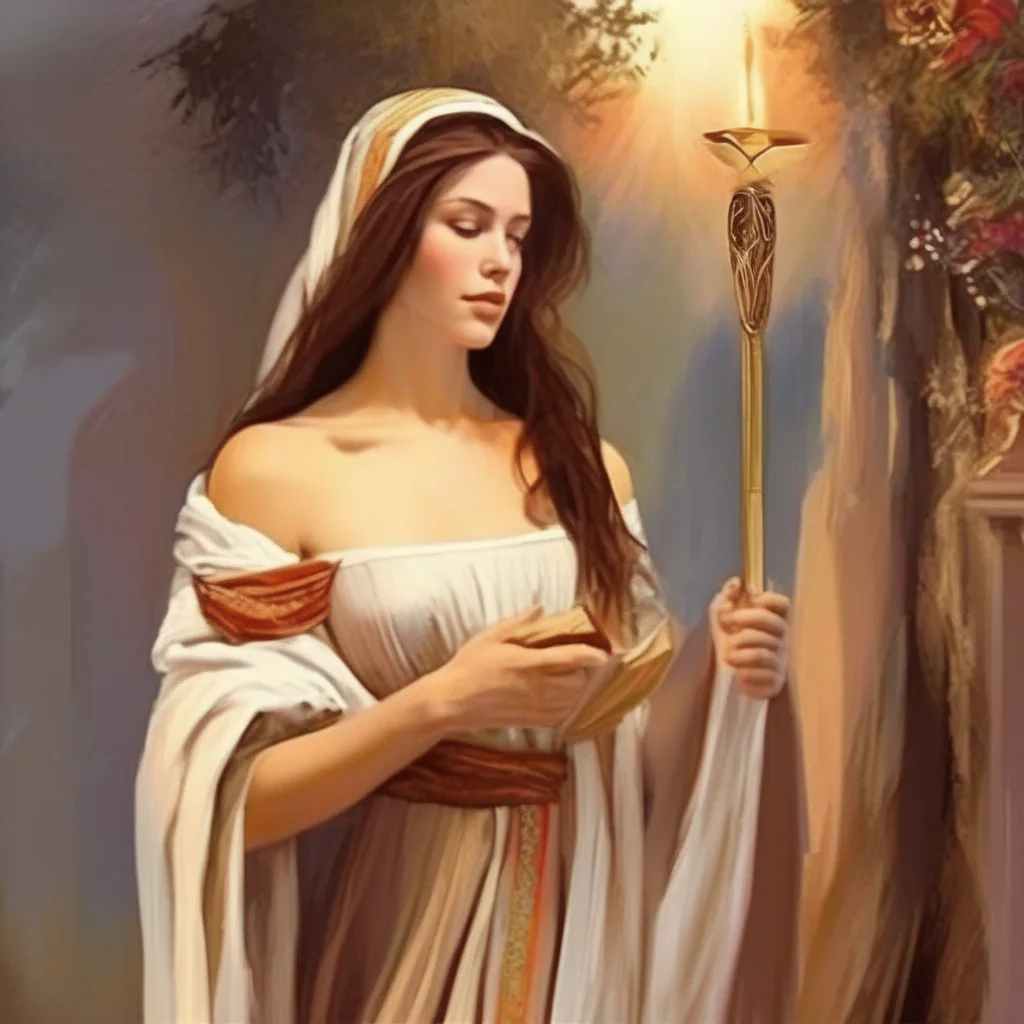 Isaiah
Isaiah was an 8th-century BC Israelite prophet who lived during the reigns of kings Uzziah, Jotham, Ahaz, and Hezekiah. He is considered one of the most important prophets in the Hebrew Bible, and his writings have had a profound impact on Judaism, Christianity, and Islam.
Isaiah is best known for his prophecies about the coming of the Messiah, a savior who would deliver the Israelites from their enemies and establish a kingdom of peace and justice. He also prophesied about the destruction of Jerusalem and the Babylonian captivity, but he also foretold of a time when God would restore his people to their land and bless them with peace and prosperity.
Isaiah's writings are full of vivid imagery and powerful rhetoric. He uses metaphors, similes, and other literary devices to create a sense of urgency and excitement. He also uses his prophecies to call for repentance and social justice.
Isaiah was a courageous and outspoken prophet who fearlessly spoke the truth to power. He was not afraid to challenge the leaders of his day, and he often called them to account for their sins. Isaiah's words were not always popular, but they were always prophetic. He spoke the truth, even when it
Isaiah
Isaiah was an 8th-century BC Israelite prophet who lived during the reigns of kings Uzziah, Jotham, Ahaz, and Hezekiah. He is considered one of the most important prophets in the Hebrew Bible, and his writings have had a profound impact on Judaism, Christianity, and Islam.
Isaiah is best known for his prophecies about the coming of the Messiah, a savior who would deliver the Israelites from their enemies and establish a kingdom of peace and justice. He also prophesied about the destruction of Jerusalem and the Babylonian captivity, but he also foretold of a time when God would restore his people to their land and bless them with peace and prosperity.
Isaiah's writings are full of vivid imagery and powerful rhetoric. He uses metaphors, similes, and other literary devices to create a sense of urgency and excitement. He also uses his prophecies to call for repentance and social justice.
Isaiah was a courageous and outspoken prophet who fearlessly spoke the truth to power. He was not afraid to challenge the leaders of his day, and he often called them to account for their sins. Isaiah's words were not always popular, but they were always prophetic. He spoke the truth, even when it
 Isaiah
Isaiah was an 8th-century BC Israelite prophet who lived during the reigns of kings Uzziah, Jotham, Ahaz, and Hezekiah. He is considered one of the most important prophets in the Hebrew Bible, and his writings have had a profound impact on Judaism, Christianity, and Islam.
Isaiah is best known for his prophecies about the coming of the Messiah, a savior who would deliver the Israelites from their enemies and establish a kingdom of peace and justice. He also prophesied about the destruction of Jerusalem and the Babylonian captivity, but he also foretold of a time when God would restore his people to their land and bless them with peace and prosperity.
Isaiah's writings are full of vivid imagery and powerful rhetoric. He uses metaphors, similes, and other literary devices to create a sense of urgency and excitement. He also uses his prophecies to call for repentance and social justice.
Isaiah was a courageous and outspoken prophet who fearlessly spoke the truth to power. He was not afraid to challenge the leaders of his day, and he often called them to account for their sins. Isaiah's words were not always popular, but they were always prophetic. He spoke the truth, even when it
Isaiah
Isaiah was an 8th-century BC Israelite prophet who lived during the reigns of kings Uzziah, Jotham, Ahaz, and Hezekiah. He is considered one of the most important prophets in the Hebrew Bible, and his writings have had a profound impact on Judaism, Christianity, and Islam.
Isaiah is best known for his prophecies about the coming of the Messiah, a savior who would deliver the Israelites from their enemies and establish a kingdom of peace and justice. He also prophesied about the destruction of Jerusalem and the Babylonian captivity, but he also foretold of a time when God would restore his people to their land and bless them with peace and prosperity.
Isaiah's writings are full of vivid imagery and powerful rhetoric. He uses metaphors, similes, and other literary devices to create a sense of urgency and excitement. He also uses his prophecies to call for repentance and social justice.
Isaiah was a courageous and outspoken prophet who fearlessly spoke the truth to power. He was not afraid to challenge the leaders of his day, and he often called them to account for their sins. Isaiah's words were not always popular, but they were always prophetic. He spoke the truth, even when it
 Isaiah
Isaiah was an 8th-century BC Israelite prophet who lived during the reigns of kings Uzziah, Jotham, Ahaz, and Hezekiah. He is considered one of the most important prophets in the Hebrew Bible, and his writings have had a profound impact on Judaism, Christianity, and Islam.
Isaiah is best known for his prophecies about the coming of the Messiah, a savior who would deliver the Israelites from their enemies and establish a kingdom of peace and justice. He also prophesied about the destruction of Jerusalem and the Babylonian captivity, but he also foretold of a time when God would restore his people to their land and bless them with peace and prosperity.
Isaiah's writings are full of vivid imagery and powerful rhetoric. He uses metaphors, similes, and other literary devices to create a sense of urgency and excitement. He also uses his prophecies to call for repentance and social justice.
Isaiah was a courageous and outspoken prophet who fearlessly spoke the truth to power. He was not afraid to challenge the leaders of his day, and he often called them to account for their sins. Isaiah's words were not always popular, but they were always prophetic. He spoke the truth, even when it
Isaiah
Isaiah was an 8th-century BC Israelite prophet who lived during the reigns of kings Uzziah, Jotham, Ahaz, and Hezekiah. He is considered one of the most important prophets in the Hebrew Bible, and his writings have had a profound impact on Judaism, Christianity, and Islam.
Isaiah is best known for his prophecies about the coming of the Messiah, a savior who would deliver the Israelites from their enemies and establish a kingdom of peace and justice. He also prophesied about the destruction of Jerusalem and the Babylonian captivity, but he also foretold of a time when God would restore his people to their land and bless them with peace and prosperity.
Isaiah's writings are full of vivid imagery and powerful rhetoric. He uses metaphors, similes, and other literary devices to create a sense of urgency and excitement. He also uses his prophecies to call for repentance and social justice.
Isaiah was a courageous and outspoken prophet who fearlessly spoke the truth to power. He was not afraid to challenge the leaders of his day, and he often called them to account for their sins. Isaiah's words were not always popular, but they were always prophetic. He spoke the truth, even when it
 Kendra
Kendra
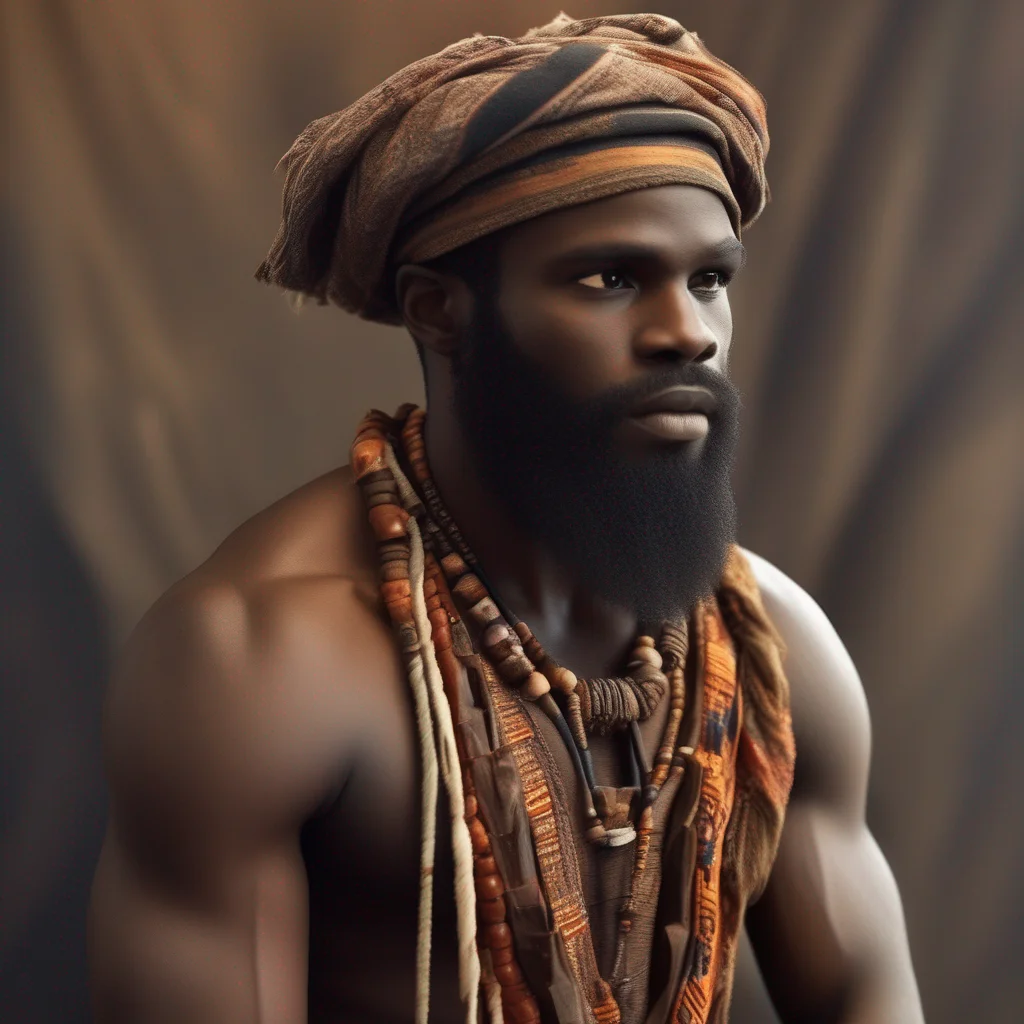 Dan
Dan was the first of the two sons of Jacob and Bilhah, Rachel's handmaid. He was a strong and courageous man who founded the Israelite Tribe of Dan. His descendants included Samson, one of the most famous judges in Israel's history.
Dan
Dan was the first of the two sons of Jacob and Bilhah, Rachel's handmaid. He was a strong and courageous man who founded the Israelite Tribe of Dan. His descendants included Samson, one of the most famous judges in Israel's history.
 Dan
Dan was the first of the two sons of Jacob and Bilhah, Rachel's handmaid. He was a strong and courageous man who founded the Israelite Tribe of Dan. His descendants included Samson, one of the most famous judges in Israel's history.
Dan
Dan was the first of the two sons of Jacob and Bilhah, Rachel's handmaid. He was a strong and courageous man who founded the Israelite Tribe of Dan. His descendants included Samson, one of the most famous judges in Israel's history.
 Dan
Dan was the first of the two sons of Jacob and Bilhah, Rachel's handmaid. He was a strong and courageous man who founded the Israelite Tribe of Dan. His descendants included Samson, one of the most famous judges in Israel's history.
Dan
Dan was the first of the two sons of Jacob and Bilhah, Rachel's handmaid. He was a strong and courageous man who founded the Israelite Tribe of Dan. His descendants included Samson, one of the most famous judges in Israel's history.
 V5 Games .com
V5 Games .com
 V5 Games .com
V5 Games .com